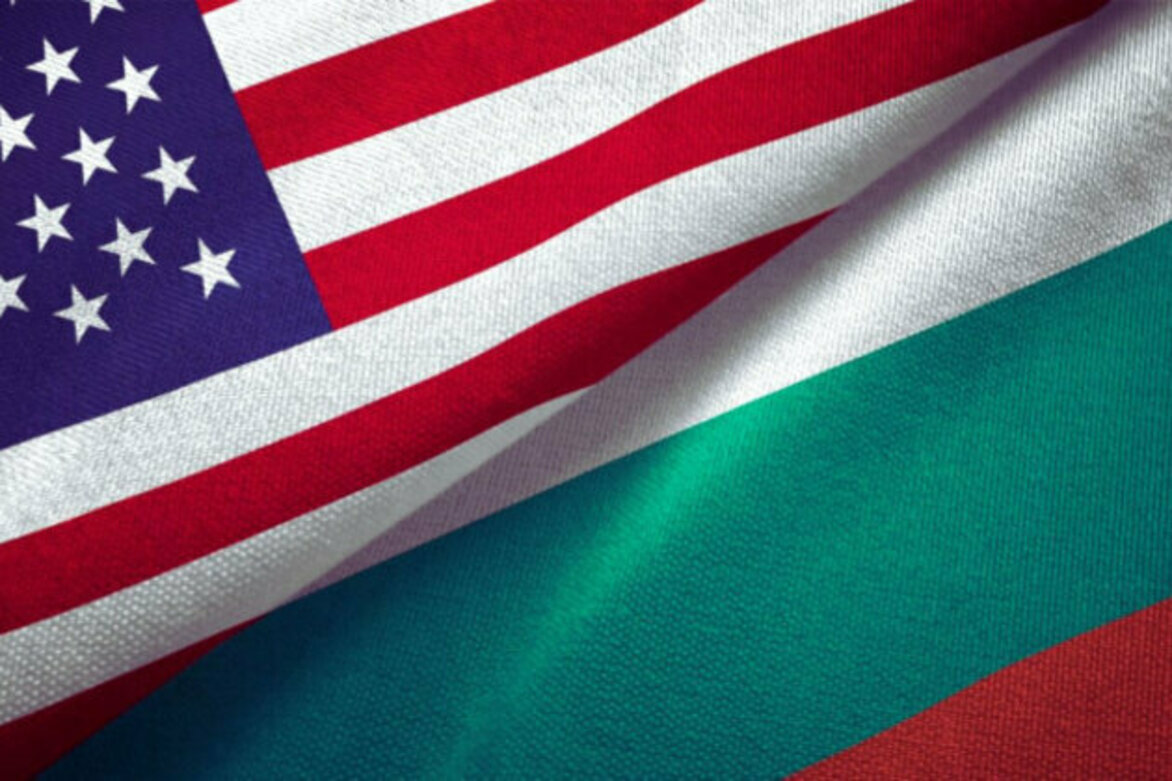How Trump's New Tariffs Will Impact Bulgaria and the Balkans
Novinite.com
03 Apr 2025

Trump's new tariff policy is set to have a significant impact on global trade, with nearly 90 countries affected by increased duties on imports into the United States. Among them, Bulgaria, Greece, and Romania?as part of the European Union?will face a combined tariff rate of 30% on their exports, while non-EU Balkan neighbors like Serbia, Turkey, and North Macedonia will also experience major economic consequences.
The tariff measures will be introduced in two stages. Beginning April 5, 2025, a universal 10% duty will apply to all imports into the U.S. Just days later, on April 9, additional tariffs will be imposed on specific countries and products, further escalating trade restrictions. For the EU, including Bulgaria, this means an added 20% duty, significantly increasing the cost of exporting goods to the American market. The impact is expected to be particularly severe on sectors such as mechanical engineering, electronics, clothing, and defense production.
Non-EU countries in the region will also face varied tariff rates. Serbia will be hit hardest, with a total duty of 47% (10% universal plus a 37% country-specific tariff), making its exports to the U.S. nearly uncompetitive. Turkey, on the other hand, will face a more moderate additional tariff of 10%, bringing its total rate to 20%. North Macedonia will be subject to a 33% tariff, while still escaping the highest levels of taxation. These new measures will add further strain to regional trade, already weakened by inflation and global supply chain disruptions.
The Bulgarian economy, heavily reliant on exports, will see significant disruptions as key industries like mechanical engineering, electronics, and textiles become more expensive for U.S. consumers. The new tariffs will reduce price competitiveness, particularly for smaller businesses that may struggle to absorb the increased costs. With reduced access to the U.S. market, Bulgarian exporters will need to explore alternative trade routes and adjust their strategies to mitigate the impact of these tariffs on their bottom line.
The exclusion of Russia and Belarus from Trump's tariff list remains a notable anomaly. Neither country appears in the official documentation outlining reciprocal tariffs, and the White House has not provided an explanation. The omission raises questions, especially as U.S. President Donald Trump did not mention them in his speech or the official announcement. The decision contrasts with the inclusion of smaller economies such as Mauritius and Brunei on the tariff list. .
Beyond direct trade barriers, Trump's tariffs also target specific industries. The automotive sector is a key focus, with Trump pointing out the imbalance in global tariff rates. While the U.S. currently imposes a 2.5% duty on imported passenger vehicles, the EU charges 10%, India 70%, and China 15%. Other industries, including technology and ethanol production, will also see new tariffs. Trump criticized countries such as India, Brazil, and Indonesia for imposing significantly higher duties on certain products compared to the U.S.
With these sweeping changes, trade relations between the U.S. and the EU face increased tension, and economic analysts warn of potential retaliatory measures. A European response could further destabilize trade in Southeastern Europe, where economies are heavily reliant on exports. Bulgarian businesses, alongside their Greek and Romanian counterparts, will have to explore new markets and adapt to a shifting trade landscape. Serbia, in particular, will struggle to maintain competitiveness in the American market.
